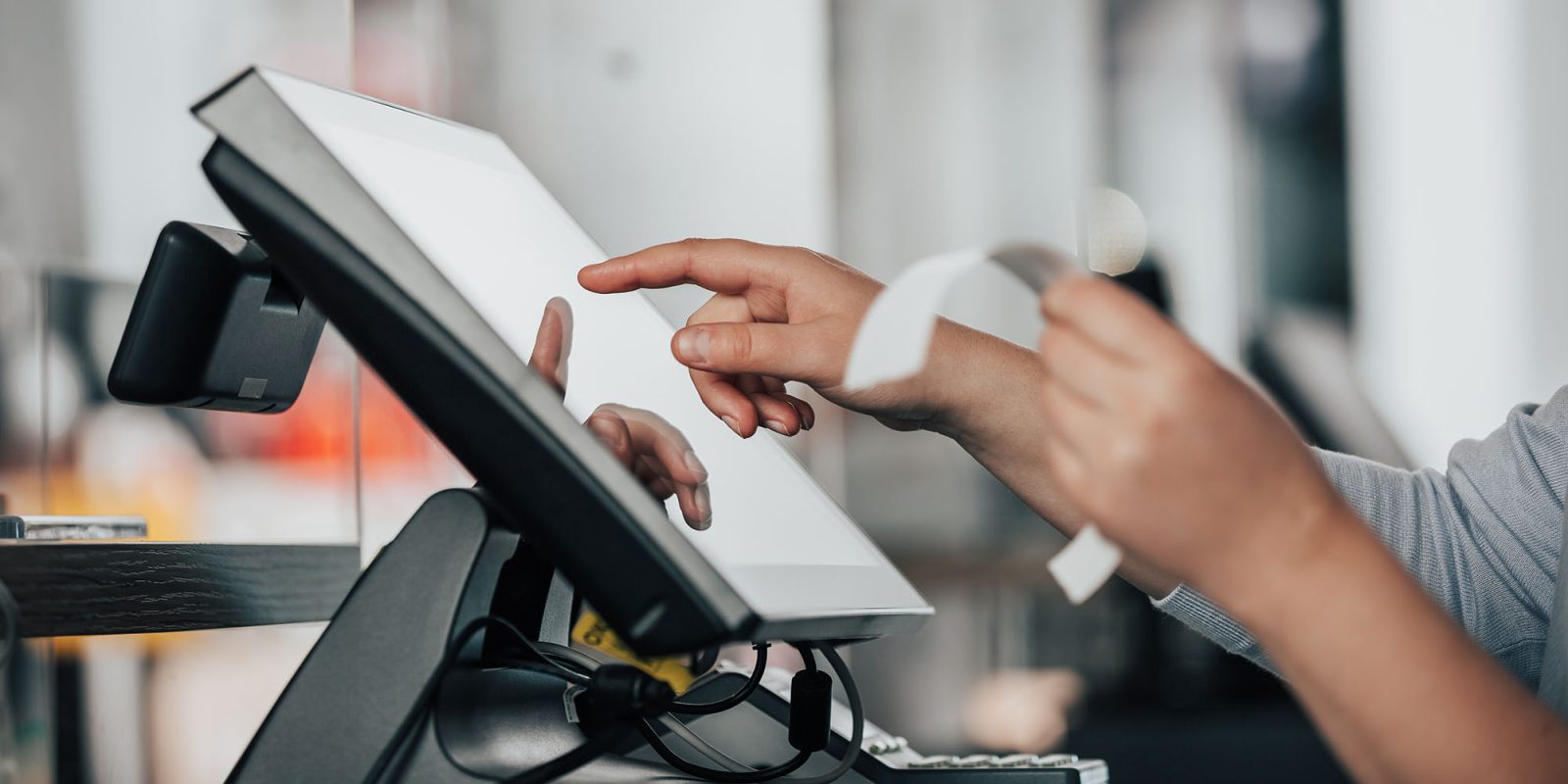
The Supreme Court’s decision not to hear appeals by either Apple or Epic Games means that the antitrust case is officially decided – and the iPhone maker is now demanding that the games company pay $73M of its $81M legal expenses.
The iPhone maker says that as there were ten issues at stake, and Apple won on nine of them, Epic should pay 90% of its legal bill …
Gamesfray spotted Apple’s court filing demanding the money.
Apple wants Epic Games to reimburse $73 million and counting (the dispute isn’t over yet) in litigation expenses. Apple says it’s spent $82,971,401 defending against that case, adjusts it to $81,560,362, then deducts 10% as Epic prevailed on 1 of 10 counts, thus $73,404,326.
Apple is basing its claim on clause 10 of the Apple Developer Program License Agreement (DPLA), in which developers agree to indemnify Apple against legal expenses incurred in responding to a breach of the agreement.
You agree to indemnify and hold harmless, and upon Apple’s request, defend, Apple, its directors, officers, employees, independent contractors and agents (each an “Apple Indemnified Party”) from any and all claims, losses, liabilities, damages, taxes, expenses and costs, including without limitation, attorneys’ fees and court costs (collectively, “Losses”), incurred by an Apple Indemnified Party and arising from or related to any of the following (but excluding for purposes of this Section, any Application for macOS that is distributed outside of the App Store and does not use any Apple Services or Certificates): (i) Your breach of any certification, covenant, obligation, representation or warranty in this Agreement
Epic does not dispute that it broke the agreement, and will have to pay damages as a result – though the company may dispute the amount.
Gamesfray argues that Apple will enforce this clause for deterrent purposes.
Apple does this as a matter of principle. They won’t leave an amount in the tens of millions on the table. And their overall treatment of Epic, such as not putting Fortnite back, is meant to discourage other app makers from challenging Apple and from breaching the DPLA.
While the case is officially over, Epic has indicated that it does not intend to leave things here, and it is likely that lawmakers will be kept busy drafting legislation designed to put an end to Apple’s workaround for complying with the intent of the original court ruling.
FTC: We use income earning auto affiliate links. More.






Comments